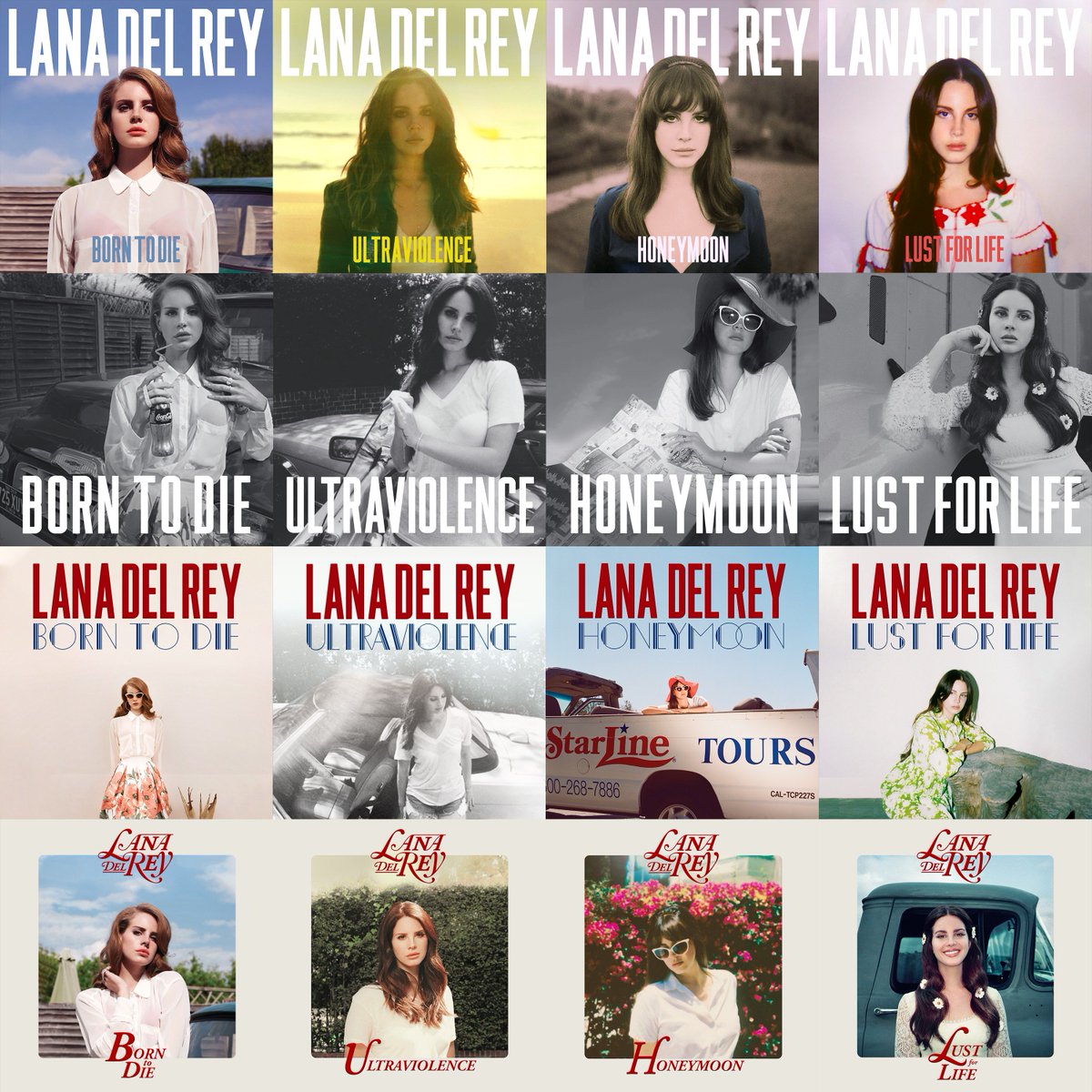
Lust for Life received positive reviews from music critics and was nominated for a Grammy Award in the category of Best Pop Vocal Album at the 60th Annual Grammy Awards, becoming Del Rey's second nomination in the category. The album and its title were announced on March 29, 2017, through a trailer on Del Rey's official Vevo channel on YouTube. It also features guest appearances from The Weeknd, ASAP Rocky, Stevie Nicks, Sean Lennon, and Playboi Carti. Marking a return to the "hip-hop inspired" sound of her major-label debut, Lust for Life features production from past collaborators Rick Nowels, Kieron Menzies and Emile Haynie, while also working for the first time with producers Boi-1da, Max Martin, Benny Blanco and Metro Boomin. As these songs shift her sound into more mature and nuanced places, it becomes clear that every deadpan affectation, lispy lyric, and overblown allusion to desperate living has been a knowing move in the creation of the strange, beguiling character - and sonic experience - we know as Lana Del Rey.Lust for Life is the fifth studio album by American singer-songwriter Lana Del Rey, released on July 21, 2017, through Polydor Records and Interscope Records. Ultraviolence asserts that as a songwriter, she has complete control of her craft, deciding on songs far less flashy or immediate but still uniquely captivating. Del Rey's loudest detractors criticized her music as a hollow, cliché-ridden product designed by the music industry and lacking the type of substance that makes real pop stars pop. Despite these mild missteps, Ultraviolence thrives for the most part in its density, meant clearly to be absorbed as an entire experience, with even its weaker pieces contributing to a mood that's consumptive, sexy, and as eerie as big-budget pop music gets. "Money Power Glory" steps briefly out of the overall dreamscape of the album, sounding like a tossed-off outtake from the Born to Die sessions. The somewhat hooky elements of "Brooklyn Baby" can't quite rise above its disjointed song structure and cringeable lyrics that could be taken either as mockery of the hipster lifestyle or self-parody. A few puzzling moments break up the continuity of the album. Production from the Black Keys' Dan Auerbach might have something to do with the metered restraint that permeates the album, with songs like "Sad Girl" carrying some of the slow-burning touches of greasy blues-rock Auerbach is known for. Even the most pop-friendly moments here are steeped in patient, jazz-inflected moodiness, as with the sad-eyed longing of "Shades of Cool" or the unexpected tempo changes that connect the slinky verses of single "West Coast" to their syrupy, swaying choruses.

The song sets the stage for the rest of the album, which simmers with a haunted, yearning feeling but never boils over.

Gone are the big beats and glossy production that resulted in tracks like "Summertime Sadness." Instead, Ultraviolence begins with the protracted, rolling melancholia of "Cruel World," nearly seven minutes of what feels like a sad, reverb-drenched daydream. Follow-up album Ultraviolence shifts gears considerably, building a thick, slow-moving atmosphere with its languid songs and opulent arrangements. Del Rey's sultry, overstated orchestral pop recast her as some sort of vaguely imagined chanteuse for a generation raised on Adderall and the Internet, with heavy doses of Twin Peaks atmosphere adding a creepy sheen to intentionally vapid (and undeniably catchy) radio hits. What managed to get overlooked by many was that Born to Die made such a polarizing impression because it actually offered something that didn't sound like anything else. The maelstrom of hype surrounding self-modeled Hollywood pop star Lana Del Rey's 2012 breakthrough album, Born to Die, found critics, listeners, and pop culture aficionados divided about her detached, hyper-stylized approach to every aspect of her music and public persona.


 0 kommentar(er)
0 kommentar(er)
